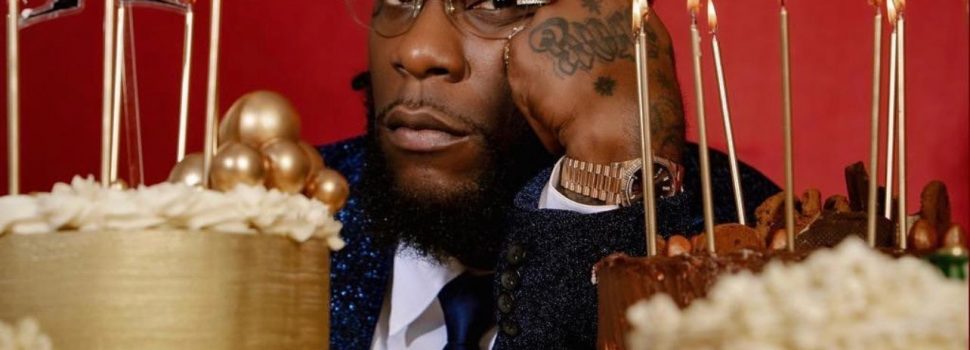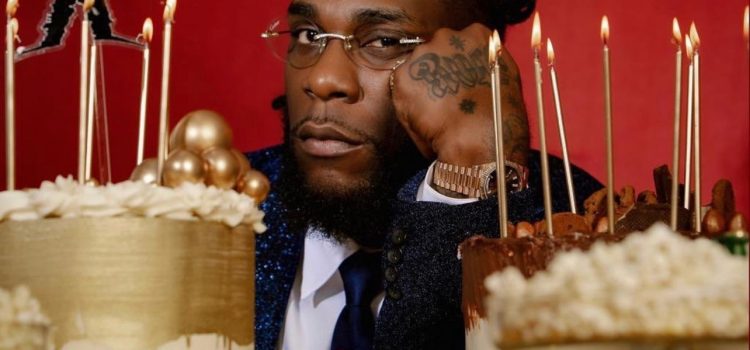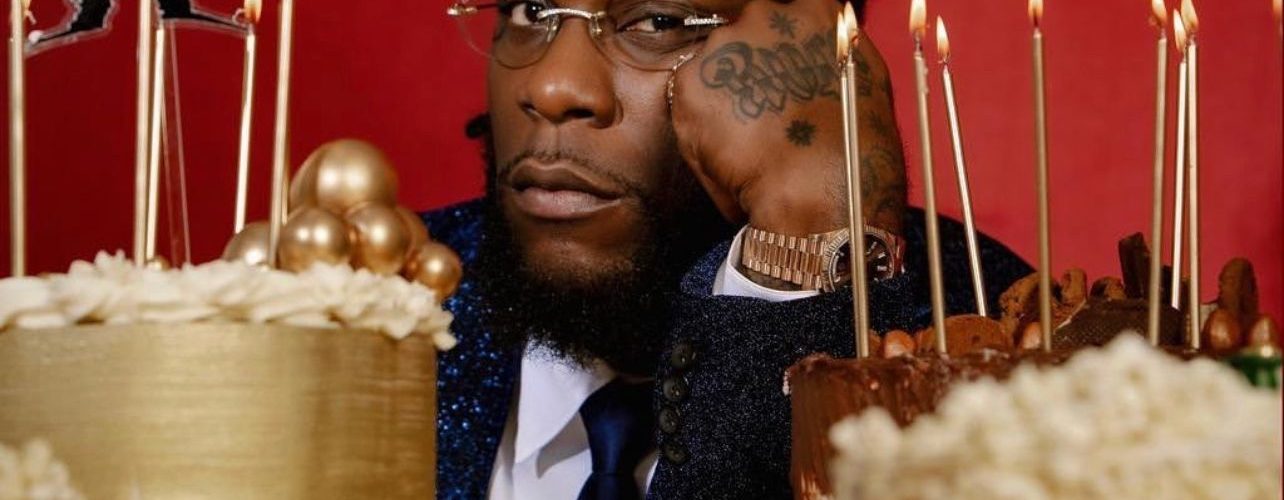

Burna Boy’s “Love, Damini” Proposes Too Much
Uncategorized July 13, 2022 admin

By JoeyAkan
“Love, Damini,” obeys all the rules of a Burna Boy album; love, bombast, and brooding form an increasingly overworked trinity. But a lack of cohesion prevents a return of previous highs.
When Atlantic Records signed up Burna Boy for a run at the global scene, everyone in Nigeria knew things would never be the same. Burna, Nigeria’s tip of the music spear, was primed to strike beyond African borders, into unfamiliar territory packed with the unknown.
He’s made phenomenal work of it so far. “Outside” was a kaleidoscopic creation, mixing sounds, colours and themes without diminishing output quality. “African Giant,” his seminal global-facing work to date, found multiple avenues to explore his pain, as he stood in line for himself, his people, and all the injustices and socioeconomic degradation that comes with living in 21st-century Nigeria. The pan-Africanist leanings of “African Giant,” wore him the cloak of de facto leadership at home, which was later demanded with the righteous furore of the 2020 #EndSARS protests. And by the time the Grammy-winning “Twice As Tall” arrived, he was already navigating the weight of being king.
King in the studio, where his personal ambitions coincide with a generational push by Nigerian talents seeking wider acceptance and globalised self-expression via the “Afrobeats to the world” movement (a genre he loves to distance his art from). King of public expectations, where society has evolved to marrying the art and the artist, inextricably linking studio and stage performances with behavioural excellence. A new Burna Boy controversy in 2022 might not get him blacklisted on Nigerian radio as it did in the past, but it maintains the possibility of negatively influencing his conveyor belt of sponsorships and brand partnerships. Nigerians love Burna Boy, although it’s his second nature to repeatedly test the depths of that affection. Recent reports of a nightclub altercation which left two revelers with gunshot injuries are sandwiched between the imperious run of Last last, the resplendence in his Madison Square Garden sold-out concert, and “Love, Damini” album release roll out. Even as this king climbs new heights, he’s still prone to personal actions that seek to reverse his ascent.
Burna Boy describes “Love, Damini” as a rollercoaster to celebrate his arrival in the 30-plus gang. A significant marker in a man’s existence, turning 30, at the peak of your professional journey is ample reason to pop bottles and get the fireworks out. The album artwork has candles and cake, there’s trite philosophy in the marketing where you’re expected to expect nothing, come to grip with the fragility of human relationships, and the power within dreaming beyond borders and living intentionally.
And much of the music reaches for those ideals. J Hus presents his verse as a sweetener on the standout Cloak and Daggers, where braggadocio meets welcome paranoia. Different Size opens with the familiar Squid Game tune, employing the surging Victony for an Amapiano-backed refrain about the diversity of asses, the romantic confessions of Jagele are sprawled all around spaces created by Afrobeat horns and guitars, and the hook on the celebratory It’s Plenty, boasts a similar progression from Avicii’s The Nights. It’s all too familiar territory for Burna Boy and he blitzes through the first half in fine form.
Things take a dive as you progress through its rather cumbersome 19 tracks. Volume does not equal value. Burna’s divulgence on ‘Dirty Secrets’ is more tedium than entertainment, and while Popcaan might be a connector to the Caribbean, he struggles to find even footing with his host. (“Whine up your body” is the standard command in these Afro-Caribbean cultural alliances, but very few appearances inspire the opposite). Burna strains his vocals on the meandering Rollercoaster, but those high notes deputize as the high points of the record. Not even J Balvin’s guest efforts could move it beyond the blandness of the record’s indecision. Is this song reflective? A dance-introspective hybrid? It’s hard to tell.
Burna Boy’s flourish on global stages might come with many blessings, but the curse of overextension of themes and cultures is real and present on “Love, Damini.” Afrofusion, his preferred style designation, is an amalgamation of influences, but the final confluence of cultures take away from the possibility of any lethal punch. Mixing conscious messages alongside a call for groove and sappiness has shown past potency, but “Love, Damini,” it appears as too many balls to pick.
In Whiskey, he stands in line for the residents of his home city of Port Harcourt, where soot from ill-fabricated oil refineries pollute the air and darkens the sky. And on Common Person, he throws up that familiar self-analytical look inside, for motivation. These are in isolation, acts of kindness via amplification of the weak and oppressed. But those mainstay messages are unconvincing in their delivery, formulaic in sincerity, and measly in numbers. And by the time Martin Luther King Jr. shows up, dreams and gets shot on Wild Dreams, he isn’t even central to any noble narrative on the Khalid-assisted track. Just an attempt at gleaning benefits from the late civil rights icon.
“Love, Damini,” obeys all the rules of a Burna Boy album; love, bombast, and brooding form an increasingly overworked trinity. But a lack of cohesion prevents a return of the highs from his previous efforts. His heart still seats in the right place, and the ideas are all tangible to the touch. But execution proves too steep a hill to climb. And while the thrust of Afrofusion sells experimentation as its core, as he leads the worldwide connection between Nigeria and the ends of the earth, familiarity in this case, breed contempt.

